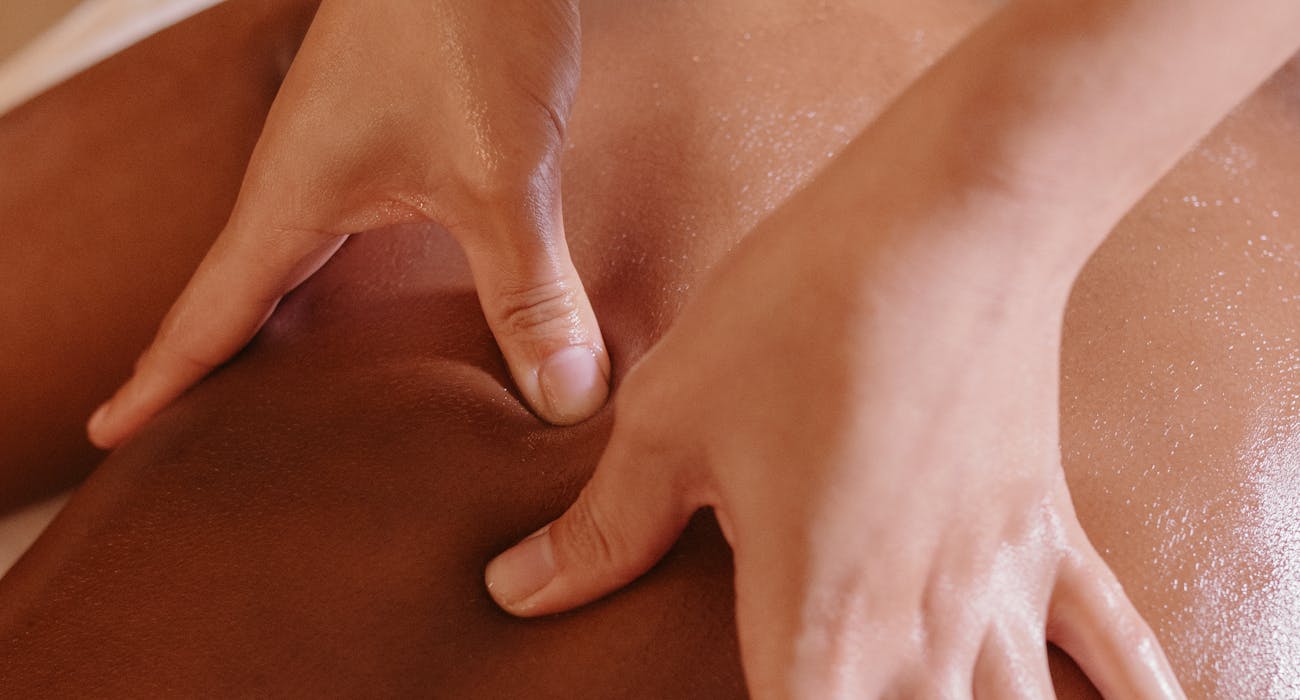In today's fast-paced world, the prevalence of stress, anxiety, and depression has become increasingly common. While traditional treatments such as medication and therapy play crucial roles in managing mental health, complementary approaches like massage therapy by Rubmaps offer unique benefits in promoting overall well-being. Through the power of touch, massage therapy has been shown to positively impact mental health by reducing stress, alleviating anxiety, and enhancing mood.
Improves mental health
One of the primary ways massage therapies improves mental health is by reducing stress levels. Stress is a natural response to life's challenges, but when left unchecked, it can have detrimental effects on both physical and mental health. Massage therapy helps counteract the effects of stress by promoting relaxation and triggering the body's relaxation response.
The gentle pressure and soothing strokes of massage release tension held in the muscles, allowing the body to enter a state of deep relaxation. As stress levels decrease, individuals often experience a sense of calmness and inner peace, helping to alleviate symptoms of anxiety and promote overall well-being.
Reduce anxiety symptoms
In addition to reducing stress, massage therapy can significantly alleviate symptoms of anxiety. Anxiety disorders are among the most common mental health conditions worldwide, characterized by persistent worry, fear, and tension. Massage therapy provides a natural and non-invasive approach to managing anxiety by calming the nervous system and promoting relaxation.
Research has shown that regular massage sessions can reduce symptoms of anxiety, including racing thoughts, restlessness, and muscle tension. By inducing a state of relaxation, massage therapy helps individuals break free from the cycle of anxious thoughts and experience a sense of tranquility and ease.
Promote emotional well-being
Furthermore, massage therapy has been found to enhance mood and promote emotional well-being. Touch is a powerful form of communication that can convey care, comfort, and compassion. During a massage session, the physical connection between therapist and client fosters feelings of trust and security, leading to a release of positive neurotransmitters such as serotonin and dopamine. These "feel-good" hormones are associated with feelings of happiness and contentment, helping to lift mood and combat symptoms of depression.
Conclusion
Massage therapy offers a holistic approach to promoting mental health and well-being. By reducing stress, alleviating anxiety, and enhancing mood, massage therapy provides a natural and effective means of supporting mental health. Whether seeking relief from daily stressors or managing symptoms of anxiety and depression, incorporating regular massage sessions into a wellness routine can lead to profound improvements in mental and emotional well-being.


